Committed to the comprehensive education of our students, we strengthen their academic, social, and individual competencies through an educational system which has distinguished us as an institution of academic excellency nationwide.
Aware of providing our students with a global education, in English, we have international Certifications of the University of Cambridge: PET (Preliminary English Test) and FIRST (First Certificate in English).
Conscious of the challenges and demands of the education in the 21st century, for all subjects, we design learning environments that promote critical thinking and scientific inquiry, as well as, the development of communication skills as the central axis of permanent learning.
"Passion to discover", we are the only educational institution in the state that executes Transversal Classes, allowing our students to enrich their approach and global mastery of content. Furthermore, have our own Model United Nations: KMUN, which has been recognized by the United Nations International Federation, which has allowed us to represent our country at the UN, New York headquarters and Geneva UN.
Spanish curriculum
We have a high-performance academic program based on high-quality classes, constant training, group techniques focused on objectives and competencies, development of creativity, use of technology as a means of learning, and leadership training. Our purpose is for our students to discover and develop their strengths to face new academic and social challenges assertively.
In all grades we offer support programs and personalized tutorship.
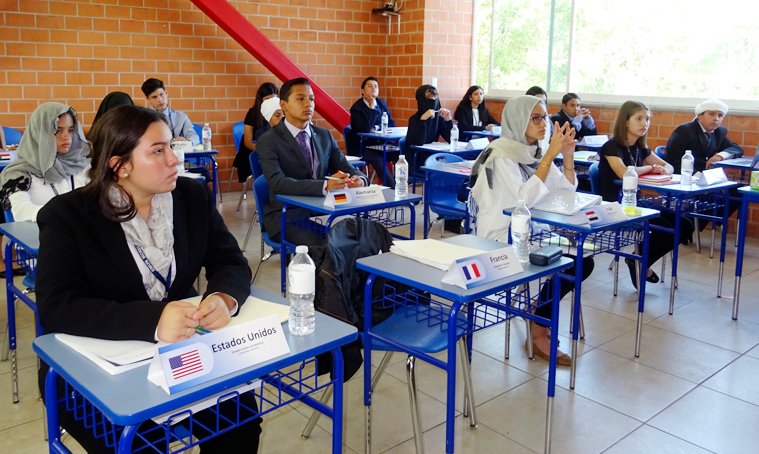
English curriculum
We have four English levels. Elementary, Pre-Intermediate, PET (Preliminary English Test) y FCE (First Certificate in English). Starting from the admission´s exam, it is determined which level corresponds to each student, regardless the school grade they will enter to. This strategy allows each student to be in their corresponding level.
- Development of the 4 abilities for the acquisition of English as a Second Language.
- Preparation for the Cambridge International Examinations: PET (Preliminary English Test) and FCE (First Certificate in English).
- Extra subjects: ICA (International Current Affairs), World History, and English International Debates.
Evaluation.
Aware of the academic plurality of students today, we have a continuous assessment system that favors an interdisciplinary and competency approach, as well as, project-based learning. We also potentiate the use of technological tools for the creation of products and digital evidence, such as: videos, infographics, Google Classroom, Blogger, Pinterest, etc.
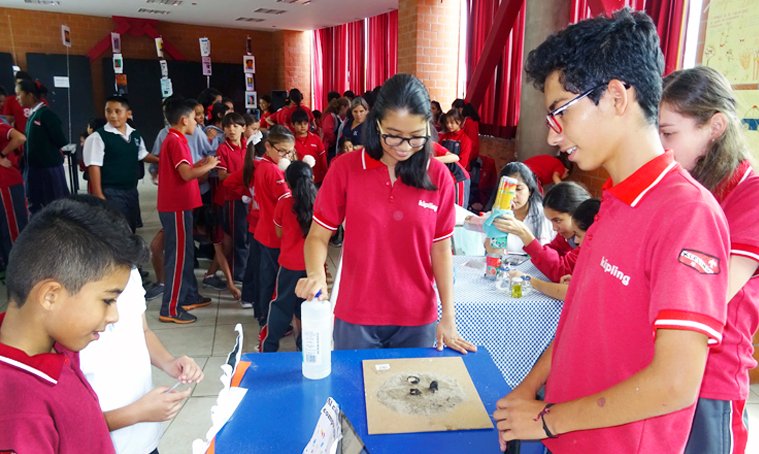
It is a set of projects, training actions, and learning experiences designed for our students, in order to, develop in them the multiple directions and talents of their intelligences. Each environment creates the conditions for a variety of types of learning, and each learning integrates its human formation.
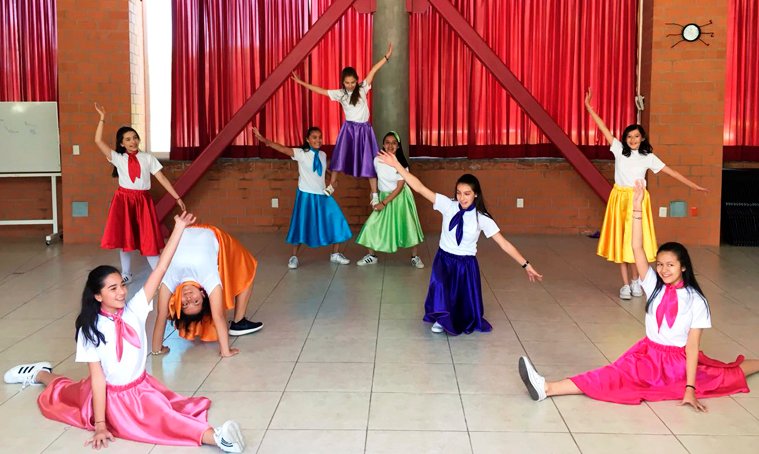
Workshops
- Environmental education: bring awareness and chance our every day practices in favor of the environment.
- Gamification: apply the elements of games to develop learning.
- Debate team: strengthens strategies, skills, and the abilities of argumentation.
- Kipling Band: develop the emotional intelligence through making music as a group.
- Football soccer: develop abilities, values, and sport skills through practicing soccer.
- Expresarte: promote creativity through diverse plastic artistic techniques (painting, sculpture, digital design, etc.)
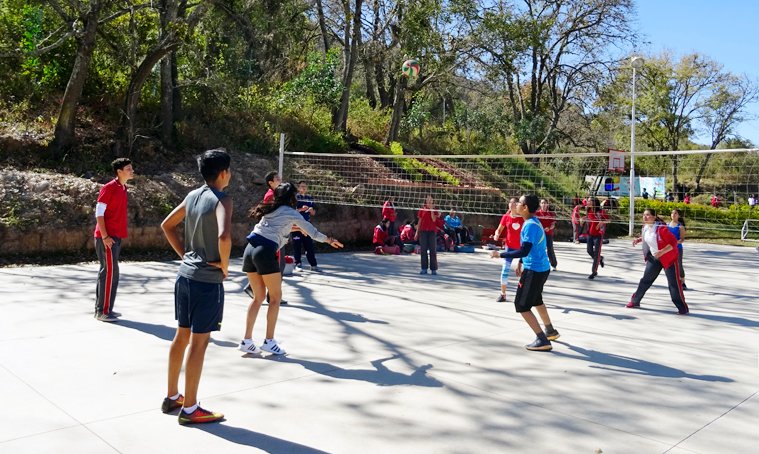
- Uses the spoken and written language fluently and appropriately, to interact in diverse social contexts.
- Uses argumentation and reasoning when analyzing situations, identifying problems, asking questions, making judgements, and proposing various situations.
- Selects, analyzes, evaluates, and shares information from different sources, and takes advantage of technological resources at his or her disposal to deepen and broaden his knowledge in a relevant way.
- Applies the acquired knowledge in order to interpret and explain social, economic, cultural, and natural processes, as well as, to make decisions and act individually and collectively, so as to provide health and environmental care, as ways to improve the quality of life.
- Knows the Human Rights and the values that favor democratic life, puts them into practice when analyzing situations and making decisions with responsibility and adherence to the law.
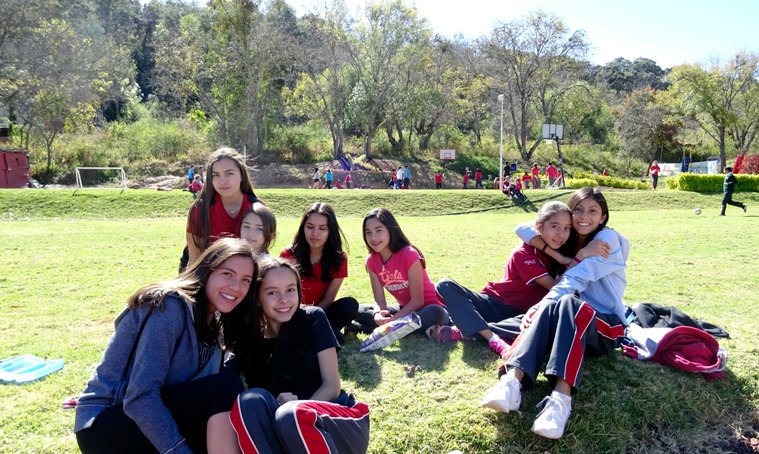
Life competencies
- Competencies for permanent learning.
- Competencies for information management.
- Competencies for situation management.
- Competencies for coexistence.
- Competencies for life in society.





